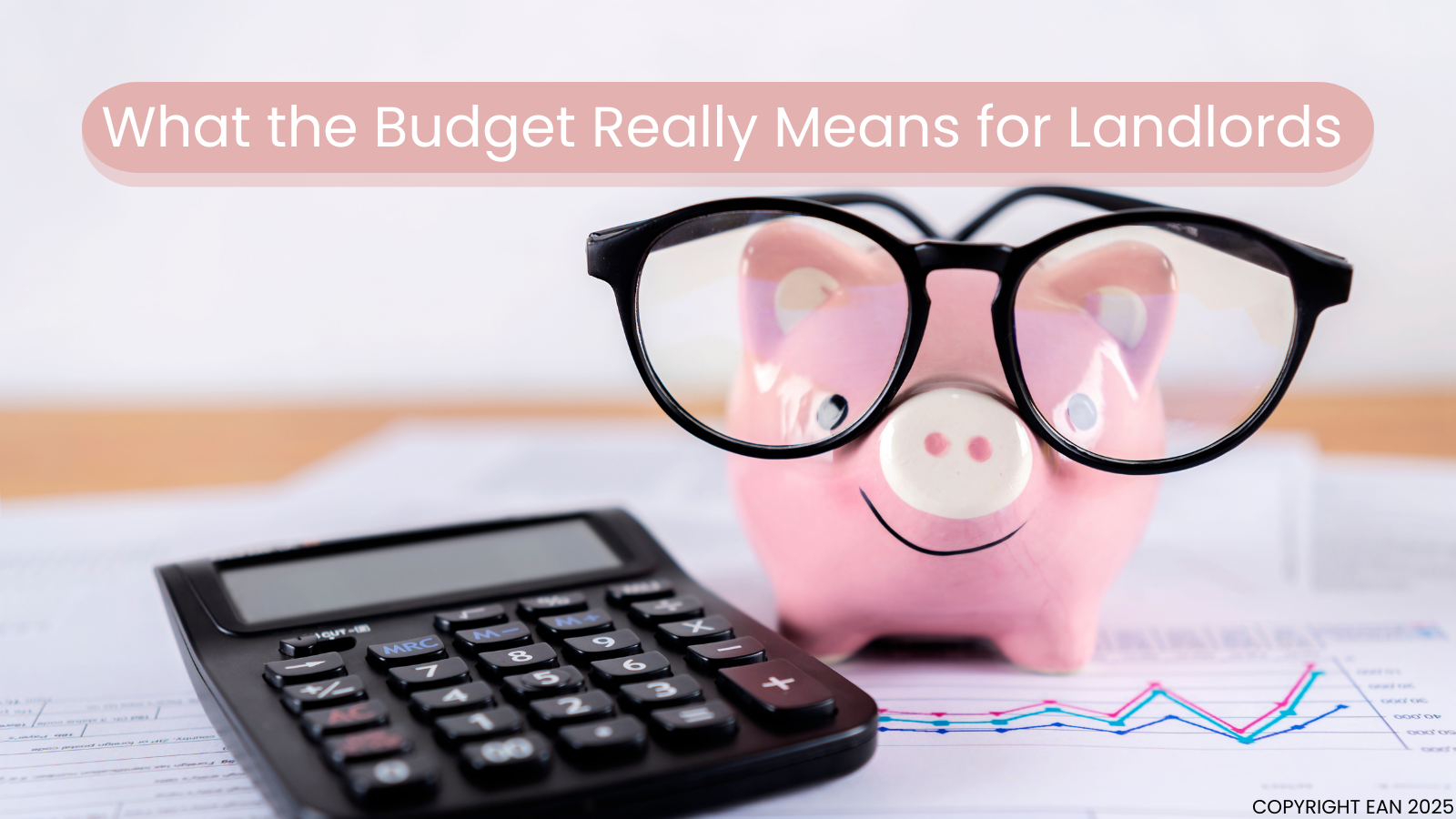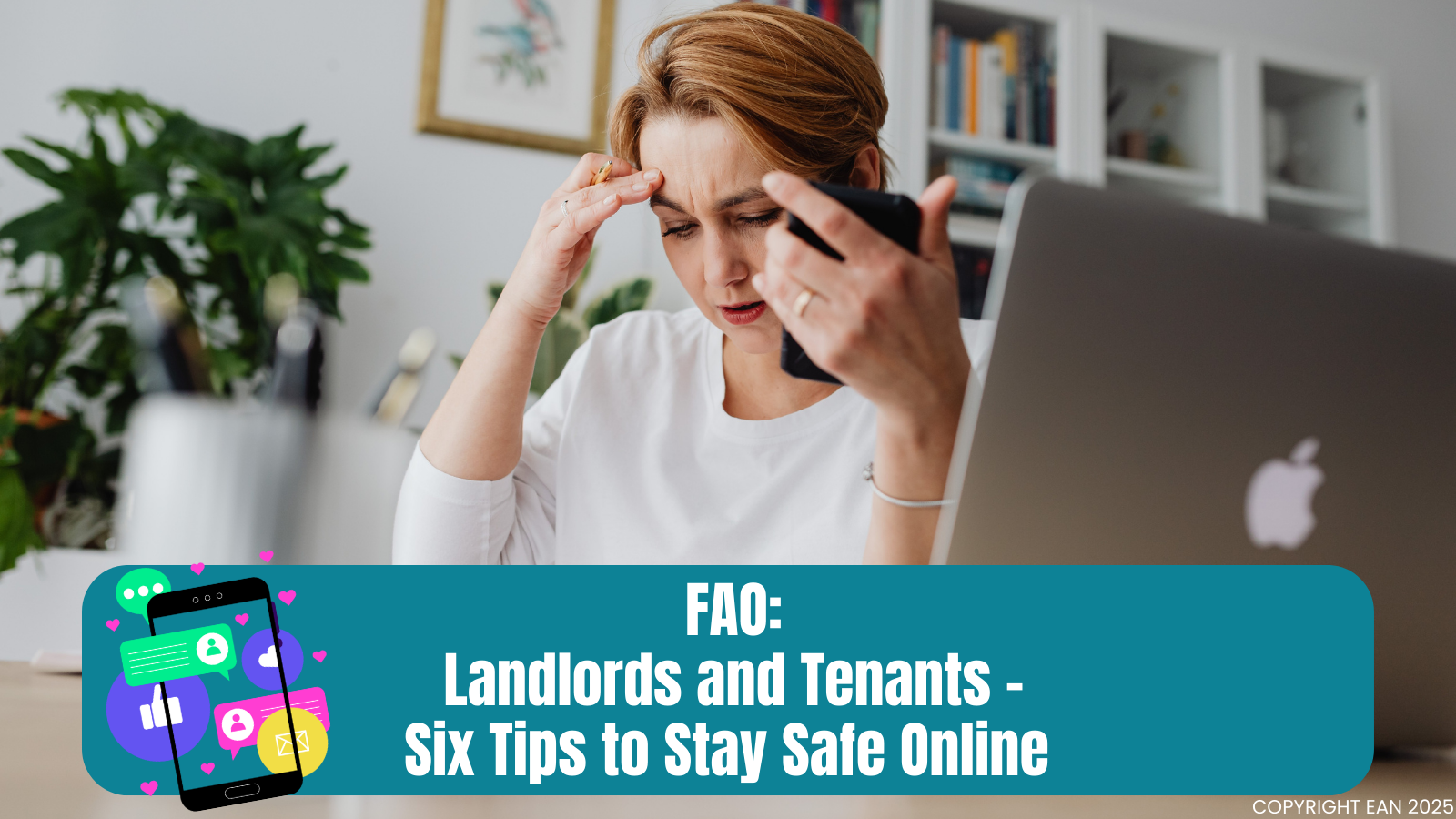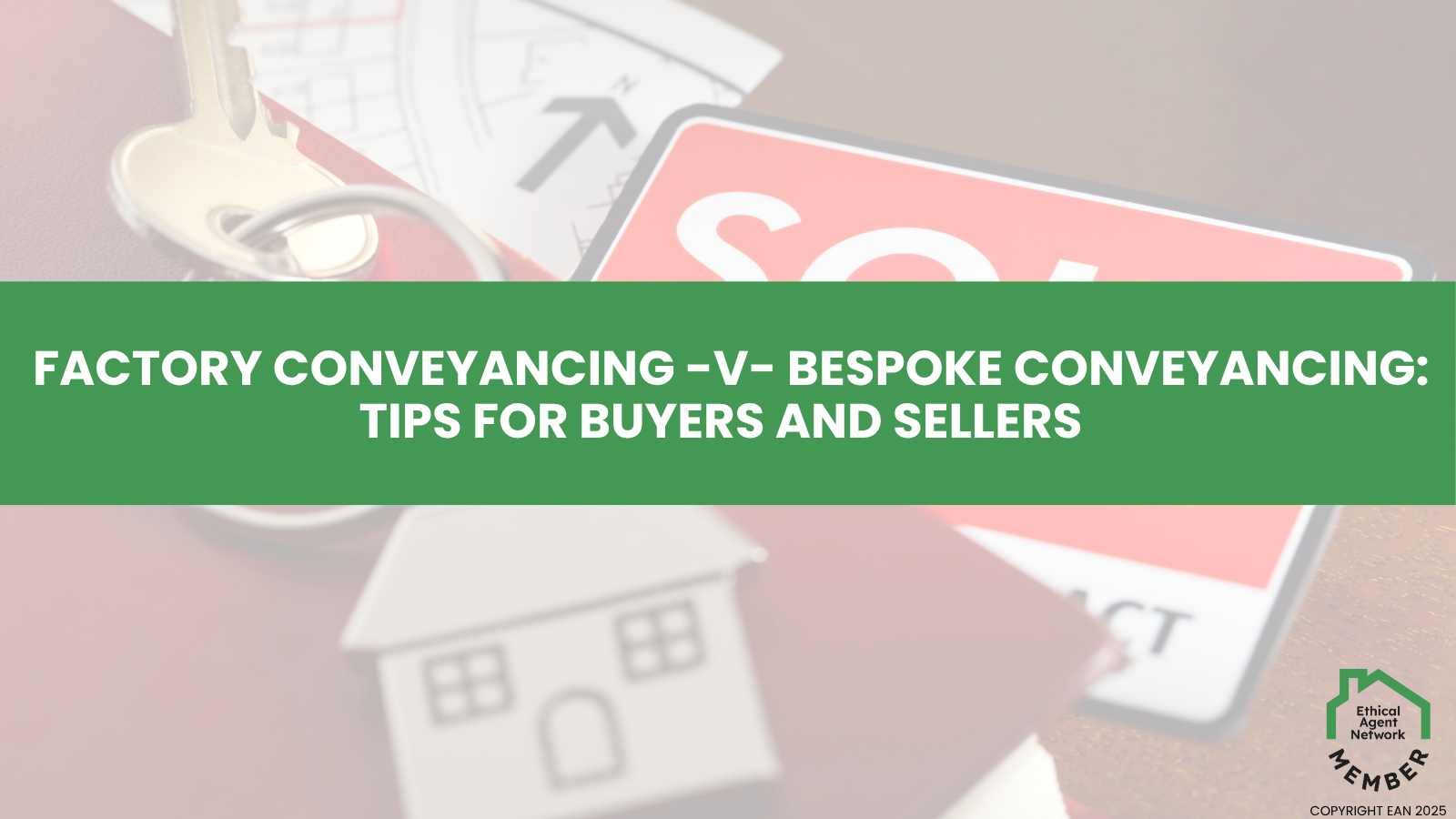The best agent for you is the agent that you are able to trust to guide you through the process.
A few indicators of a good agent are:
Industry qualifications and professional memberships
All members are required to work to agreed codes of practice and the relevant logo will be displayed in their offices. You can check on the trade body websites to ensure an agent is a member if you have any doubts.
As part of being a professional and holding membership, there are a number of key areas an agent needs to ensure are in place:
- Professionalism and Training– Agents will need to maintain professional standards by ensuring that their staff have a minimum level of on-going training to keep up to date with their skills.
- Redress Schemes– All member agents will be part of a redress scheme. If you have a complaint about their services and you are unable to resolve it with the company directly, you can refer your complaint to the redress scheme and they will adjudicate in order to resolve the dispute.
- Reputation– Agents have to uphold their reputation to maintain their business and therefore need to take a professional approach to their work.
- Knowing their client– As part of taking on a new seller and buyer, an agent will need to take some basic information and identity documentation so that they know who they are dealing with.
- Compliant – Being registered with HMRC to ensure they comply with all the obligations under the money laundering regulations
A strong local presence
Knowing the local market is key to getting the best price for your property and if your agent has an identifiable local presence this will help reach the maximum number of buyers. Sold boards locally will demonstrate what they have sold, along with a comprehensive website and portal listings.
Positive first impressions
A professional agent will know how to make a positive impact on buyer and sellers alike. If your agent creates a poor impression with you, the chances are they will do the same with any potential buyer. The same applies to their websites and online presence, if it doesn’t work well for you it probably won’t work well for your buyer.
The relationship with your agent is important and if you don’t believe that they will do a good job for you or are trustworthy, then they are not the right agent for you.
Recommendations
As with most professional services, a recommendation from neighbours or friends is a great endorsement of an agent’s services. Increasingly there are now review style websites that will give you both positive and negative feedback on an agent.
Creating your shortlist
Use the find an estate agent tool , which is a simple way of shortlisting potential estate agents in your local area. Search for your selected estate agents to see if they have experience in selling your kind of property.
There are also other review sites including Google, that will rate and review the performance of agents.
We recommend picking a shortlist of three agents to value your home. They should each give you a copy of their terms of business, a sample of their work, along with their marketing recommendations for your property. Take time to compare their services and what they have on offer.
The price the agent charges for their services is, of course, a key consideration when selling your property but do remember that not all agents are the same and getting the right one for you is more than just the price tag.
Selling privately
It is possible to sell your property privately, but there are significant risks attached. For most people, selling a home is the biggest and most important transaction they will ever make and most of us will only do it once every 7 years on average.
Using professionals for each part of the process will provide you with expert knowledge and the right legal protection. Selling your home can be an emotional experience and having a professional to guide you will ensure you make the best of the opportunity. Making a mistake could be expensive and time-consuming.
As a private seller you would be responsible for the process from beginning to end including:
- Setting the price
- Marketing
- Arranging viewings
- Negotiating the offers
- Progressing the sale through solicitors and conveyancers.
Reaching as wide a market as possible can be challenging as a private seller, as you will only have one product available, your catchment of buyers could be small. Private sale marketing websites generally have insufficient stock to attract a decent volume of buyers.
It’s always worth remembering that a professional services portal and does not accept property advertisements directly from private sellers or private landlords.


 4 minute read posted by
4 minute read posted by 



Share this with
Email
Facebook
Messenger
Twitter
Pinterest
LinkedIn
Copy this link